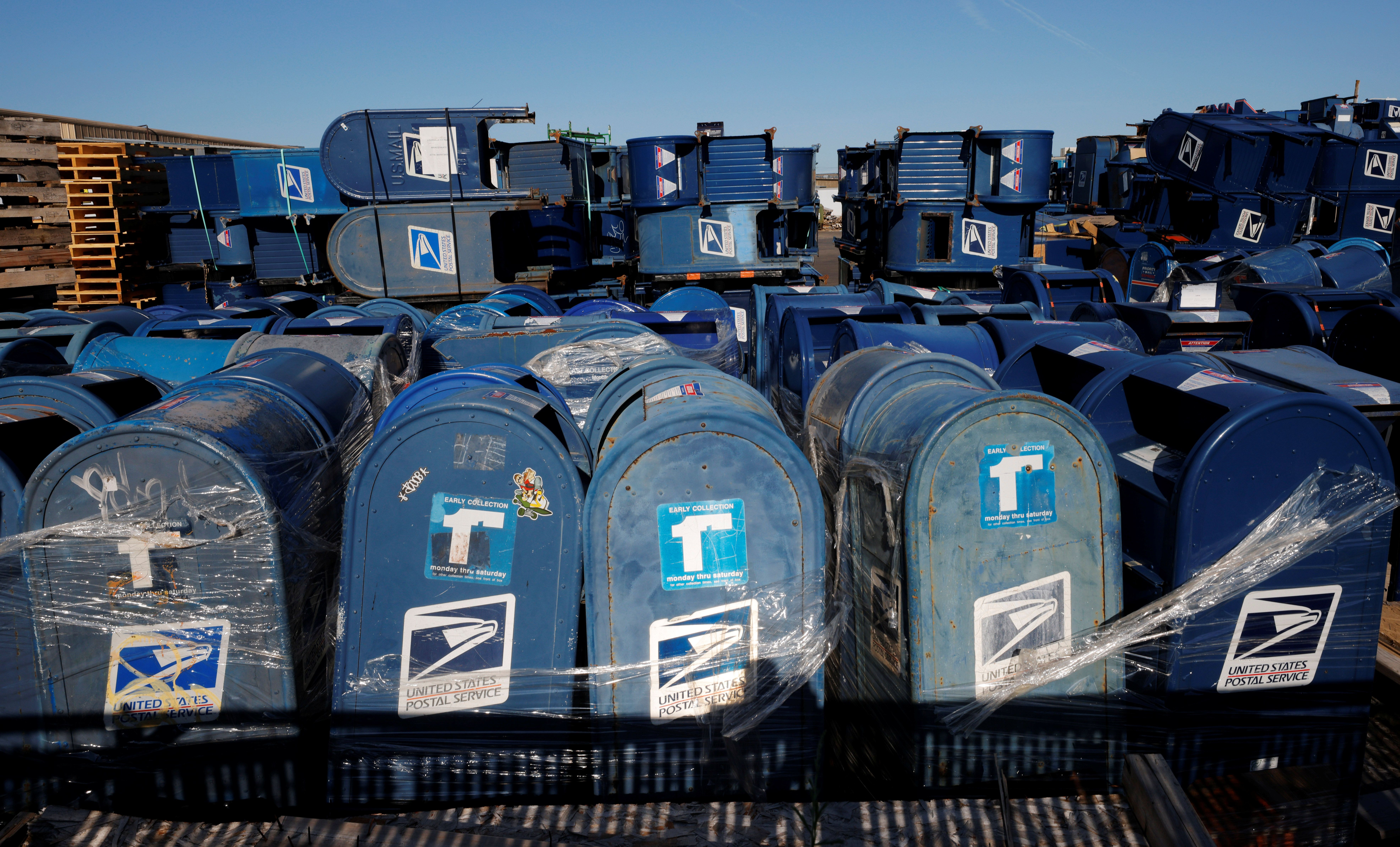News
August 18, 2020
US mail-in vote mess: US Postmaster General Louis DeJoy agreed Tuesday to delay until after the November election a series of long-planned cost-cutting measures that would hamper states' efforts to expand mail-in voting amid the coronavirus pandemic. But the drama doesn't end there. President Donald Trump — who often claims (without evidence) that voting by mail will lead to a fraudulent election result — last week suggested he's happy to starve the US Postal Service of $25 billion in additional funding that Democrats have proposed in order to ensure ballots are delivered in time to meet state deadlines for ballot counting. That, along with the fact that DeJoy is a Trump donor, makes many Democrats fear that the president is indeed trying to rig the election by suppressing mail-in voting (although traditionally Republicans vote more by mail than Democrats). Over a dozen US states plan to sue both Trump and DeJoy, who the plaintiffs claim are conspiring to slow down election mail to favor Trump's reelection chances. Stay tuned for next week, when DeJoy is scheduled to appear before Congress to discuss the controversy.
Facebook's India double standard: The social media giant looked the other way as a prominent politician in India used his accounts to spew hate speech and incite violence against the country's Muslim minority, according to a Wall Street Journal report [paywall]. Facebook employees in India say they flagged the account of T. Raja Singh — who is a member of the ruling BJP party — for violating company policies when he called for the execution of Muslims and the destruction of mosques. But Facebook's top policy executive in India refused to ban the account, the report says, because of concerns about hurting the company's business in one of its largest markets. This isn't the first time Facebook has been in the spotlight in India — the company struggled to deal with disinformation ahead of last year's election. But with communal violence rising in the world's most populous democracy, story highlights the difficult tradeoffs that social media platforms like Facebook face as they try to balance their obligation to quash hate speech against their obligation to maximize profits. Ball's in your court, Mark.
Argentinians demand end to lockdown: Thousands of Argentinians have taken to the streets of Buenos Aires and other major cities to rail against President Alberto Fernández's plan to extend stay-at-home rules to curb the spread of the coronavirus. Defying stringent social distancing rules, the protesters also complained about the government's controversial judicial reforms, which the opposition views as an attempt to manipulate the system by creating new courts and diluting the power of existing ones. (Some point out that the reforms are coming right as Cristina Fernández de Kirchner, the former president and now vice president, faces several pending charges for corruption). While it's no surprise that much of the crowd was made up of upper- and middle-class Argentines who aren't natural Fernandez voters anyway, there is evidence that the popularity of the president — who was initially praised for his better-than-expected handling of the pandemic — is now taking a hit due to fatigue with the lockdown and two years of economic recession.More For You
Think you know what's going on around the world? Here's your chance to prove it.
Most Popular
Donald Trump alongside Nigel Farage amid a television interview at his Trump Turnberry course in South Ayrshire during his visit to the United Kingdom, on May 3, 2023.
PA via Reuters
The US government will reportedly fund MAGA-aligned parties and think tanks in Europe. But with US President Donald Trump’s favorability in Europe so low, do they even want the money?
- YouTube
Zelensky agrees: elections matter #PUPPETREGIME
As more small businesses move sales, payments, and customer relationships online, they unlock new opportunities, but they also become easier targets for cyber-criminals and other threat actors.
© 2025 GZERO Media. All Rights Reserved | A Eurasia Group media company.
